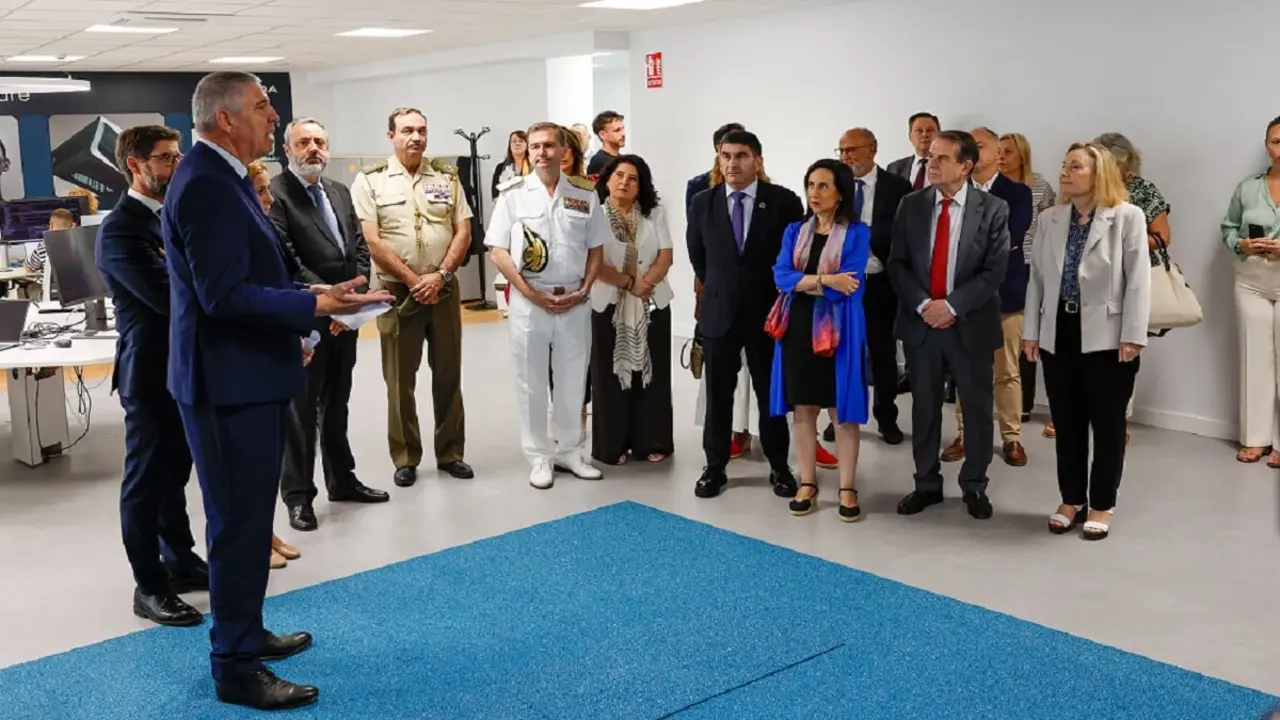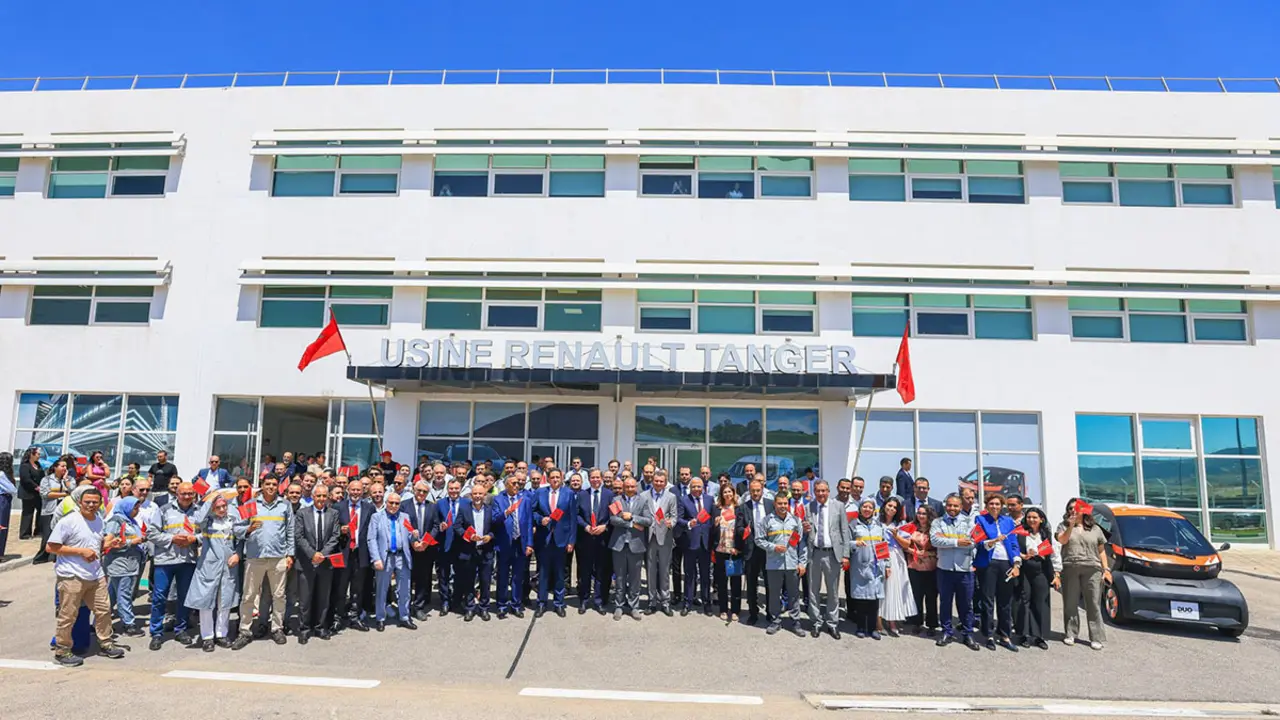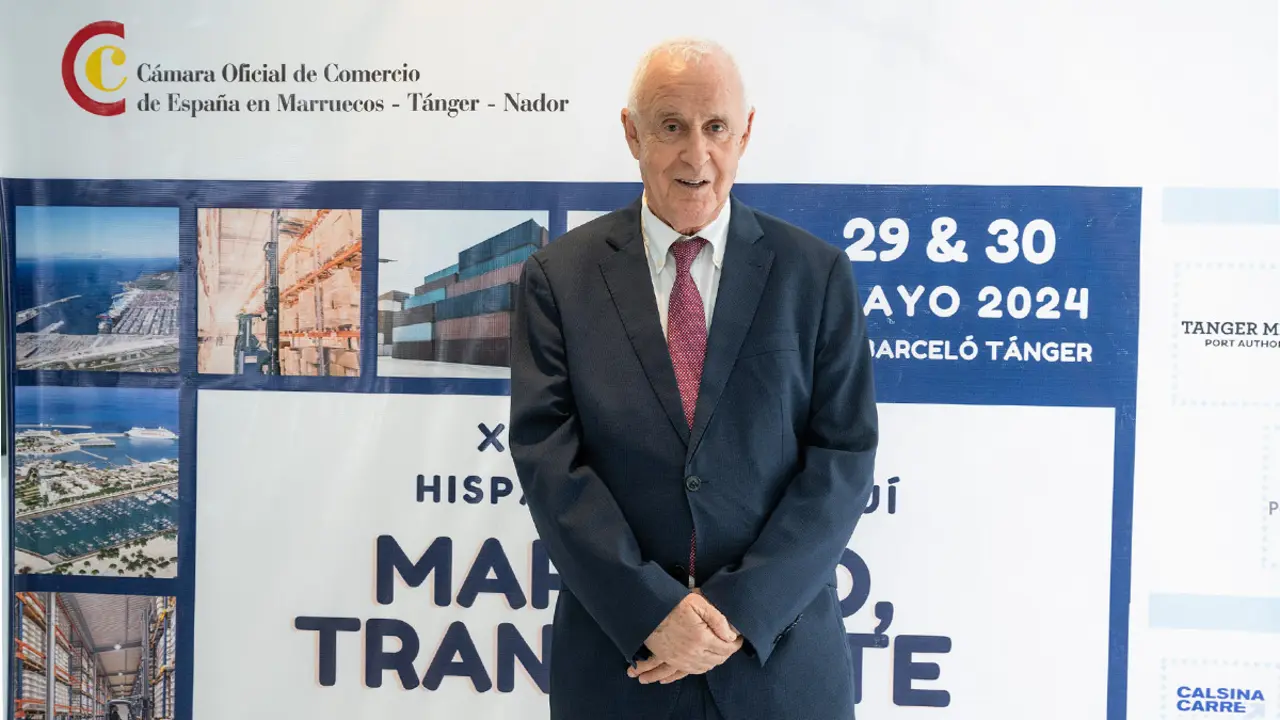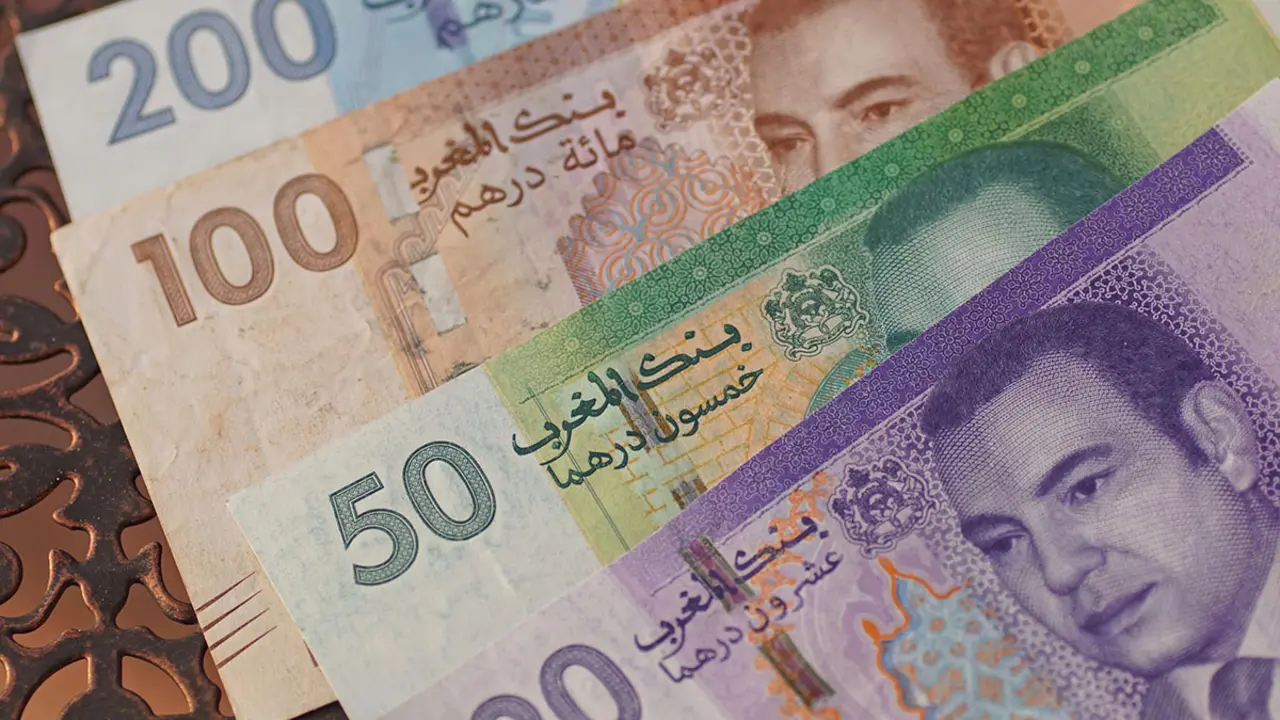Marruecos y Reino Unido lanzan una línea marítima de transporte para septiembre
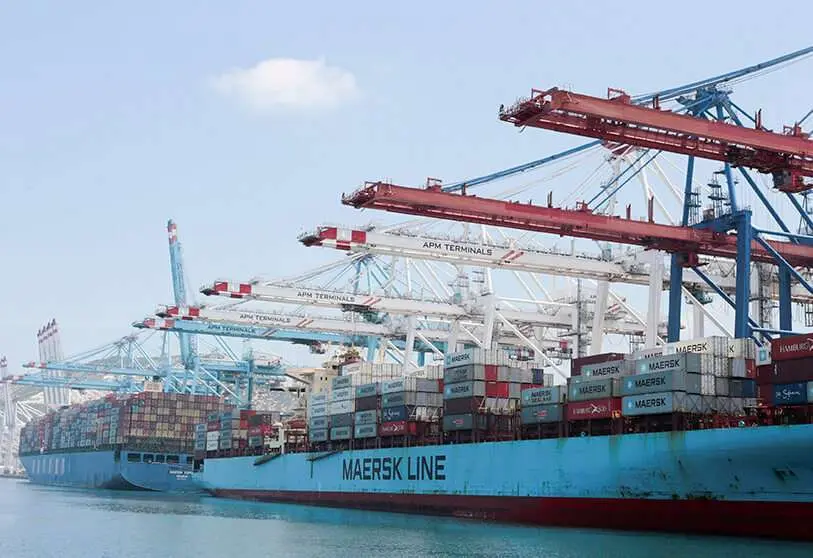
Morocco and the United Kingdom will launch for the first time in September a direct maritime transport line, which will shorten from six to three the days it takes for goods to arrive from one country to the other, the British ambassador to the Maghreb country, Simone Martin, announced today.
Relations between the two capitals have been strengthened in recent years, once Brexit was confirmed as a new reality for the United Kingdom, as a way to diversify and strengthen trade ties to try to mitigate the economic impact that its exit from the European Union would have.
Prior to his arrival in power, Boris Johnson, as British foreign secretary, was responsible for initiating this new strategic relationship with the Alawite kingdom. He did so through a series of meetings with his Moroccan counterpart, Nasser Bourita, in the British capital, where economic, cultural and security issues were discussed.
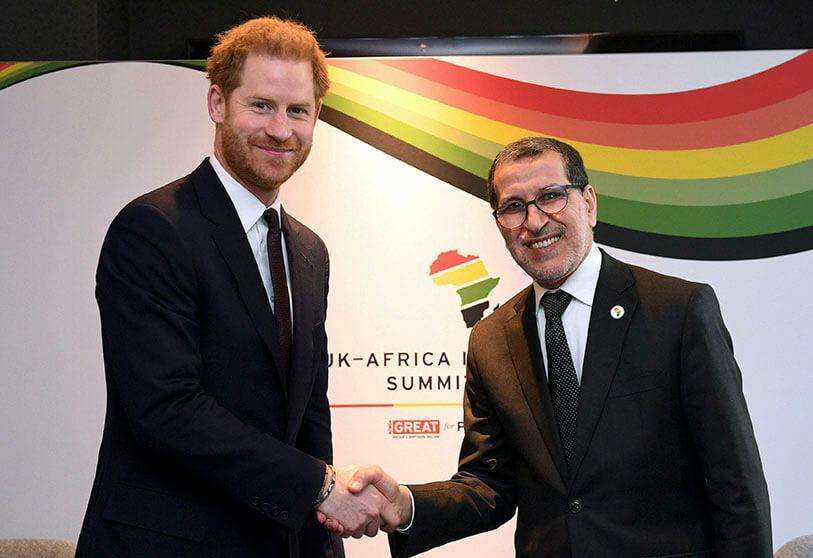
This line, which will link the Moroccan mega port of Tanger Med (north) and Poole (in the south of the United Kingdom), will be the first between the two countries and will run weekly, according to the ambassador in an interview published by the digital newspaper "le360.ma".
"It will be a faster and less expensive line and will promote trade between the two countries," the British diplomat said, adding that the connection will save three days compared to the six days it takes for goods to travel between the two countries by land.
The British ambassador estimates that with this line, traffic between the two countries will exceed the 500,000 containers per year currently recorded, while he did not rule out the possibility of this line being opened to passengers in the future.
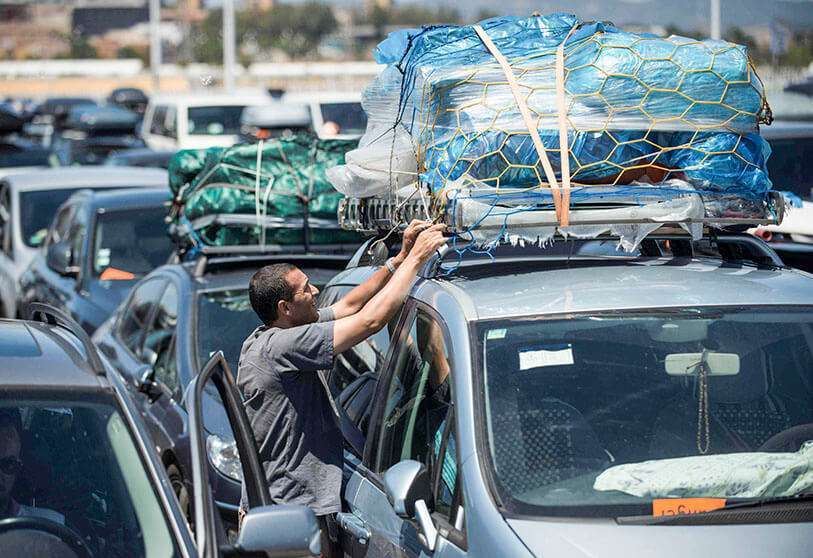
Announced last February, this maritime link was designed to avoid the administrative difficulties associated with the post-Brexit phase, but several Moroccan media outlets pointed out that it could increase exports of Moroccan agricultural products to the UK.
Moroccan agricultural products could replace Spanish, Portuguese and Italian ones now that the UK is out of the EU, and this is just one of the areas where the two countries could come closer together. Of course, the tourism sector is another, which is why Morocco is also betting heavily on its development in the north of the country, where the connection between Tangier and Gibraltar could be a great incentive.
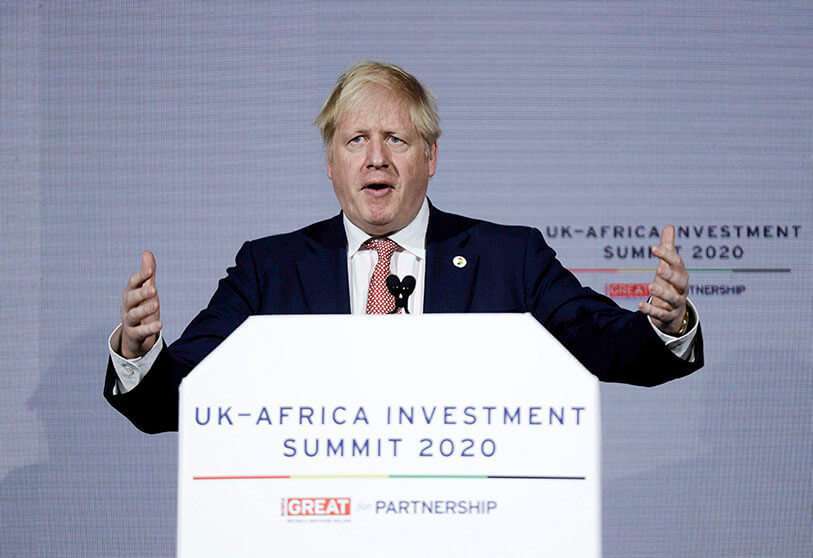
Already during last year's UK-Africa summit, it became clear that the Moroccan and British authorities were on good terms. During the summit, Morocco offered itself to the UK as a gateway to the African continent. This growing relationship was consolidated last summer, with the signing of several trade agreements between the two countries to reduce or eliminate tariffs on a number of fruit and vegetable products.
As part of this business forum, the two sides signed a memorandum aimed at promoting the creation of a joint working group to explore ways to boost investment between the two countries. The main objective of this forum is to bring together the interests of governments, private companies and financial institutions to "build a secure and prosperous future for all citizens", according to the event's organisers.

